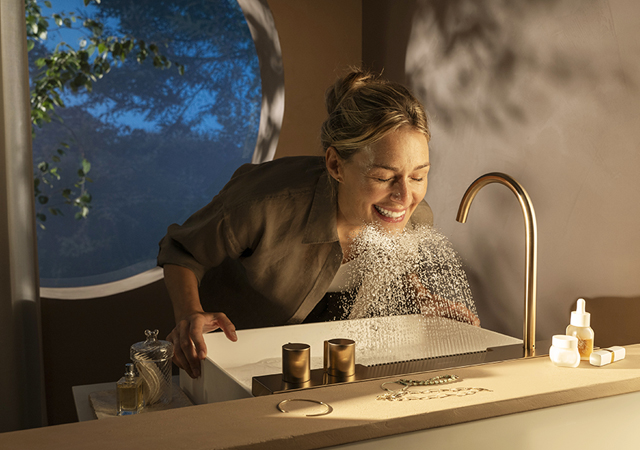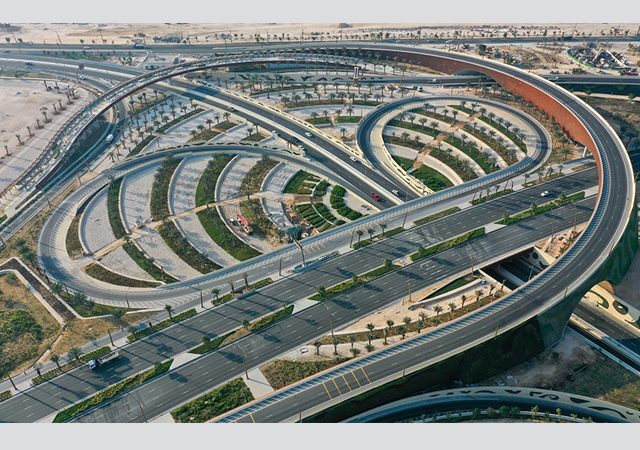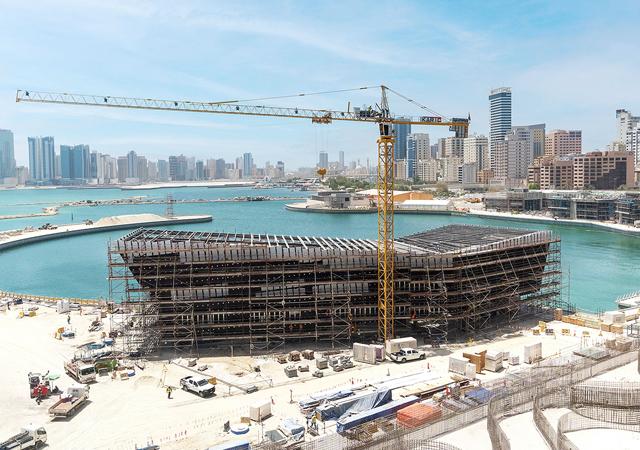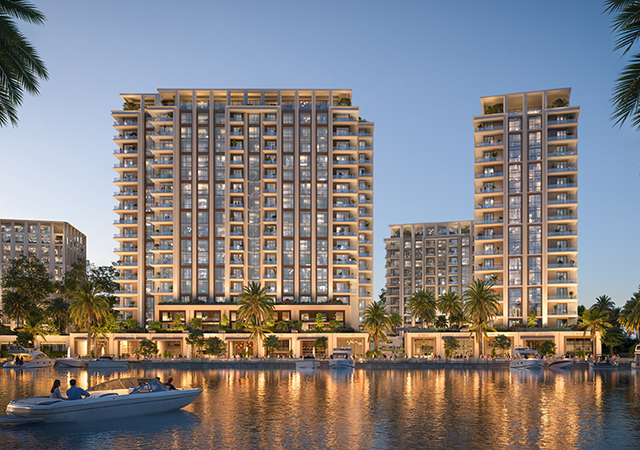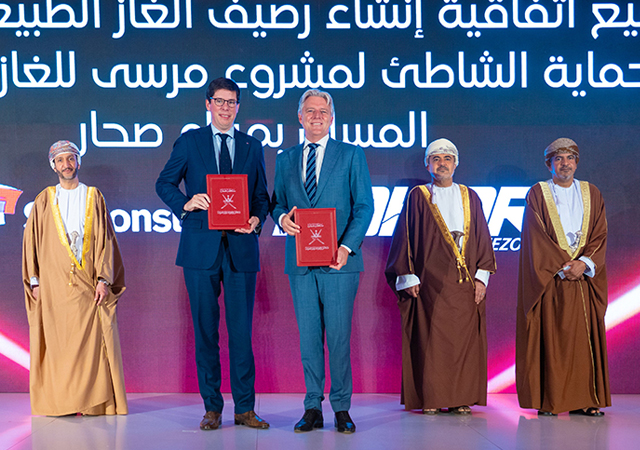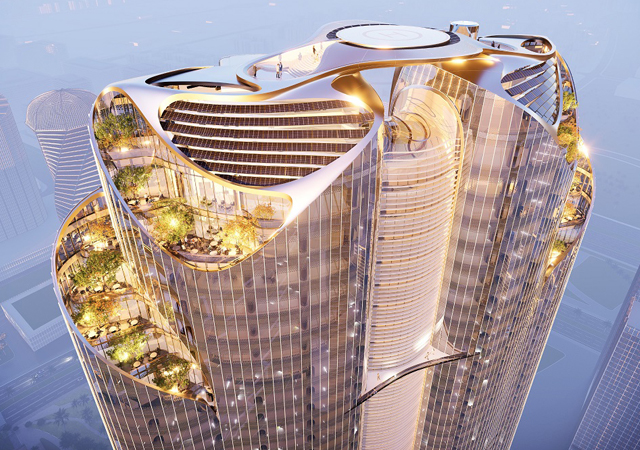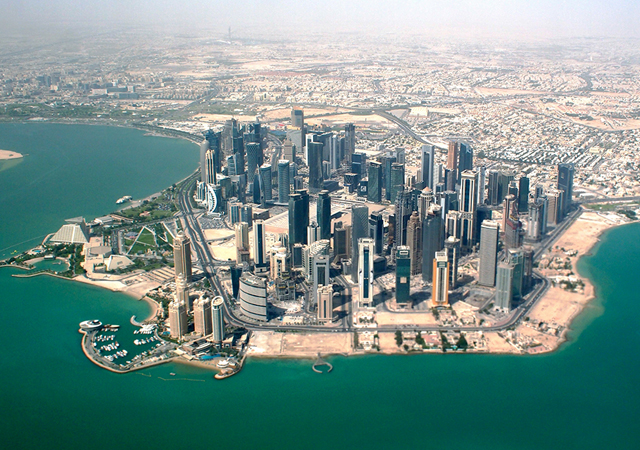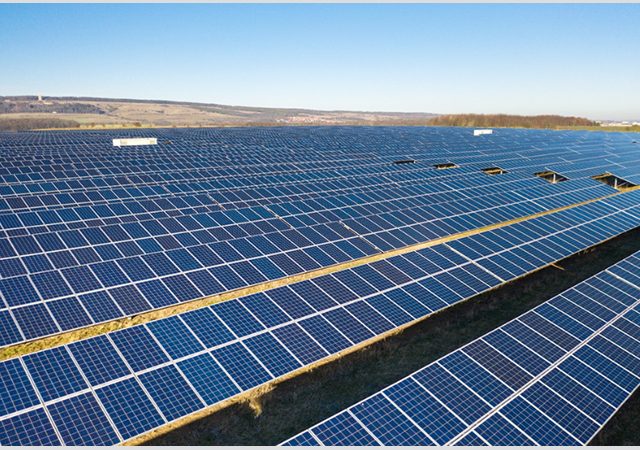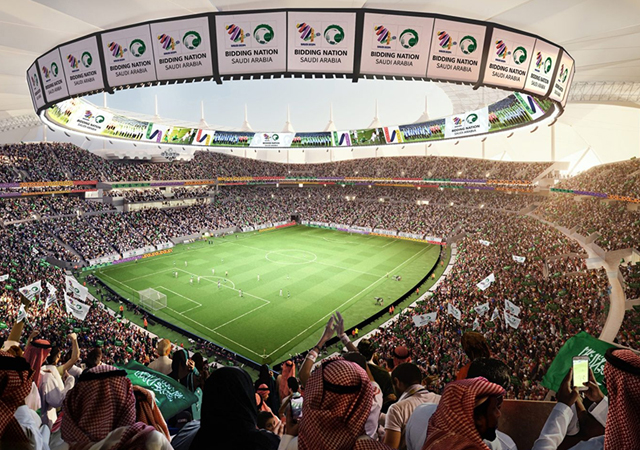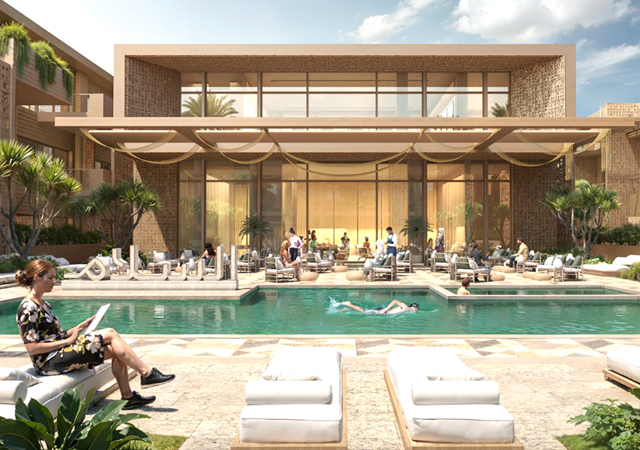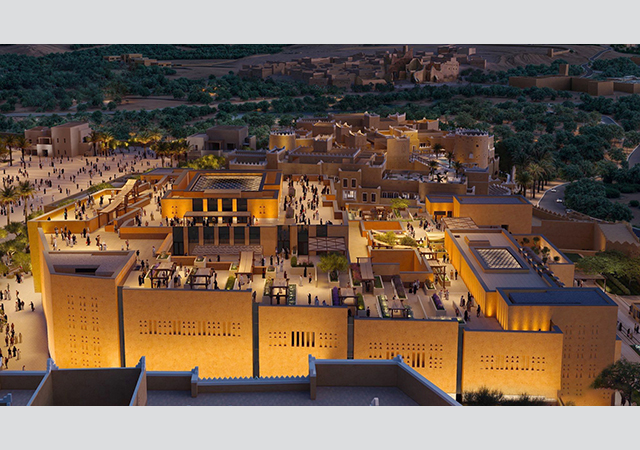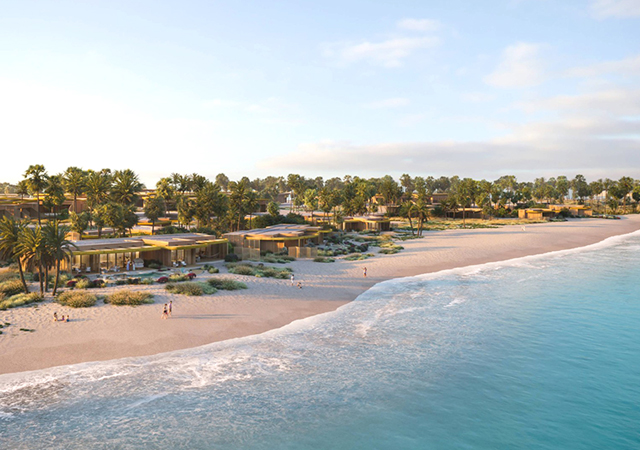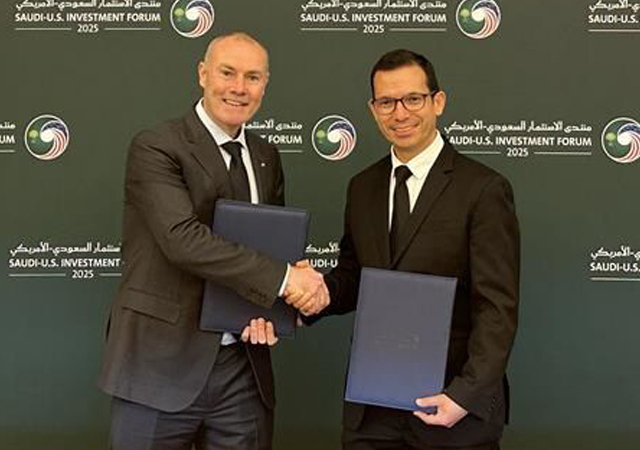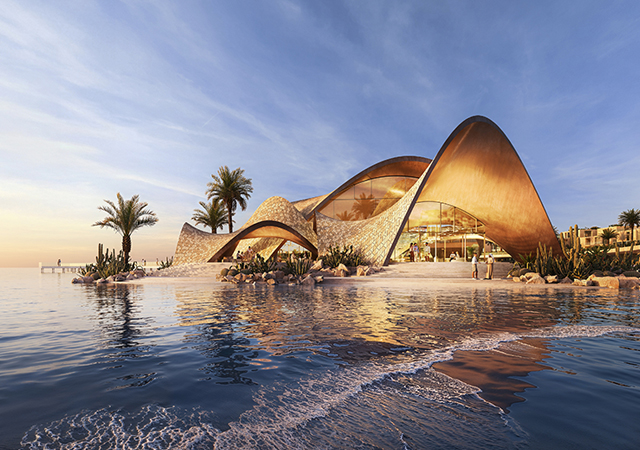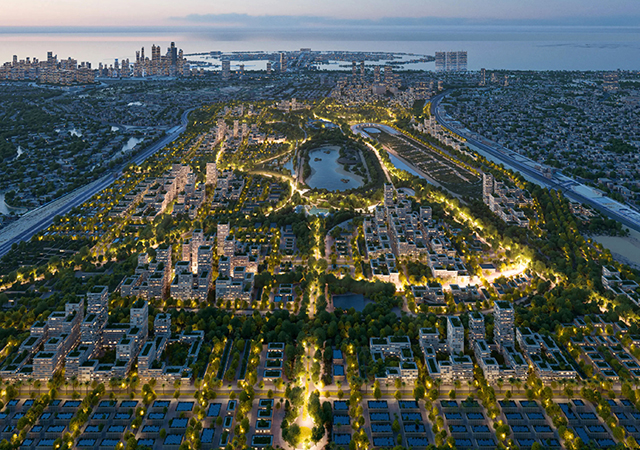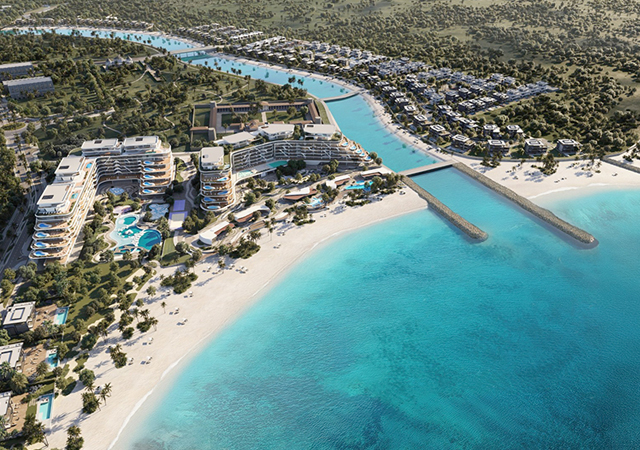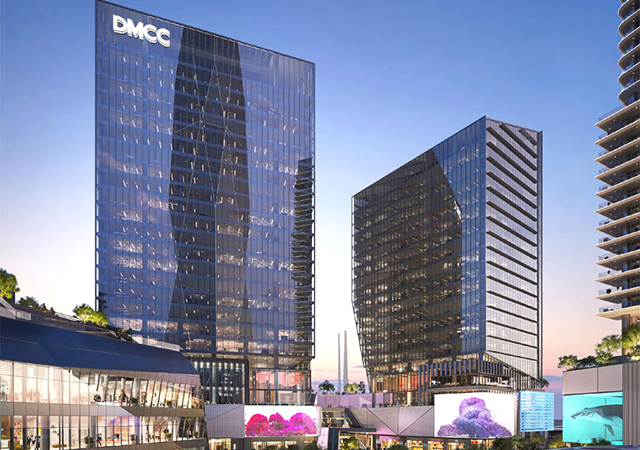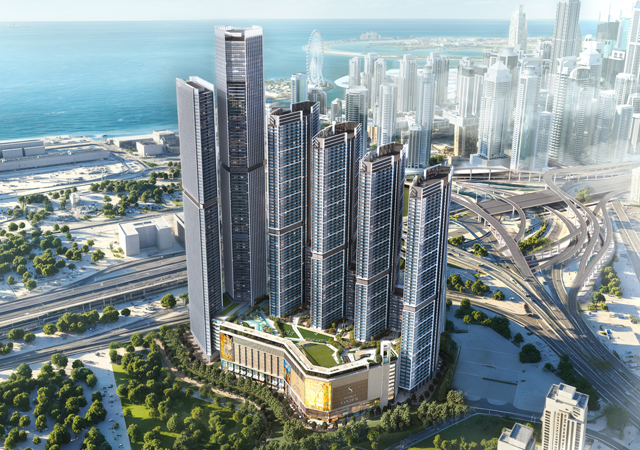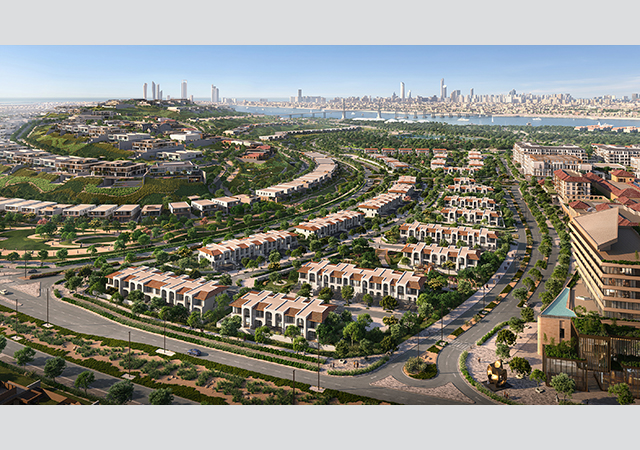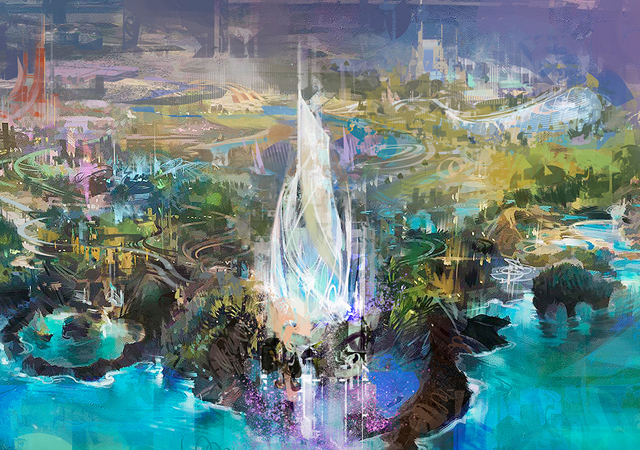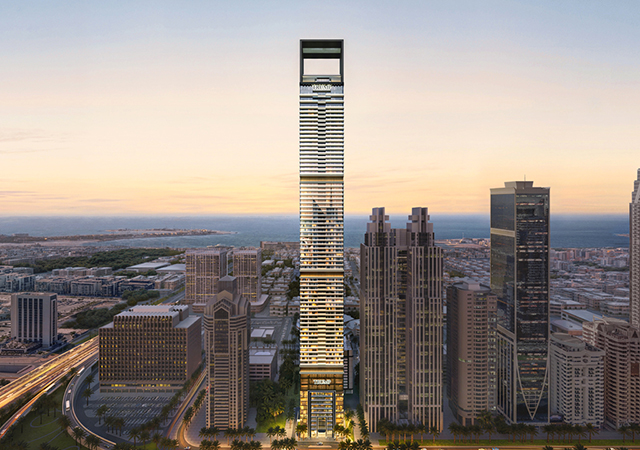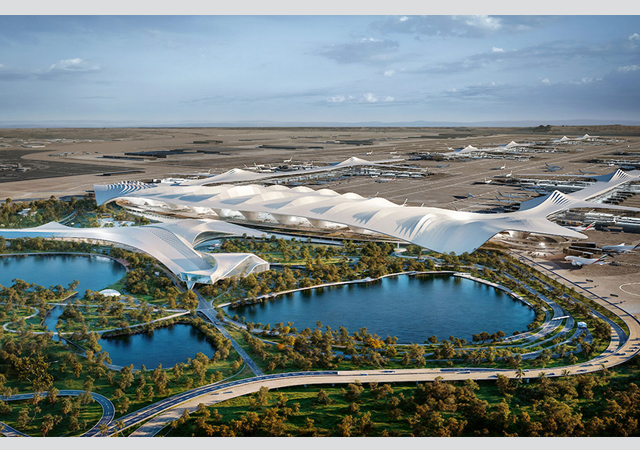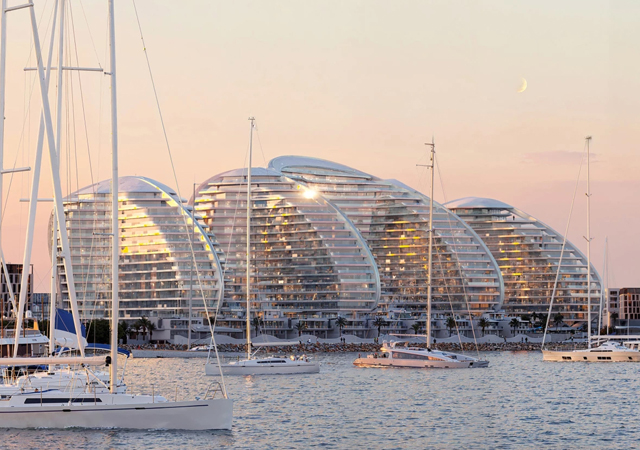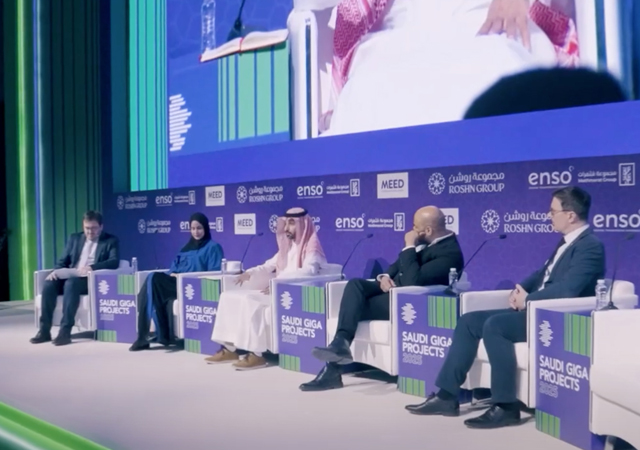
 RAK Ceramics’ facilities ... being expanded.
RAK Ceramics’ facilities ... being expanded.
In a move to meet the growing demand for its products, the UAE-based RAK Ceramics has embarked on an expansion of its manufacturing facilities, where its new continuous ball mills will feature Skega rubber mill linings from Metso Minerals to help enhance operational efficiency.
“As one of the world’s leading ceramics producers, RAK Ceramics has experienced tremendous growth since its formation in 1991 producing 5,000 tiles daily. Today with eight tile factories in Ras Al Khaimah, the company daily produces 136,000 sq m of ceramic and porcelain tiles plus 7,000 pieces of sanitary ware from its two plants.
RAK Ceramics has been using Skega rubber linings in its mills since the early 90s following the company’s decision to replace three original discontinuous mills with silica linings in favour of the Skega rubber mill lining.
“We soon realised the need to increase production output of the mills,” says a spokesman for the plant. “We opted to increase the efficiency of the grinding operation using alubit (alumina-oxide balls) media, which necessitated the need for rubber linings with superior abrasion resistance properties, contributing to an efficient grinding operation and boosting productivity. The rubber lining will help the company ensure the extended wear life cycles throughout grinding operations for up to three years.
“From the initial three discontinuous mills, the company today has 40 Sacmi MTD 340 ball mills including the most recent one installed in January last year,” says a spokesman for Metso Minerals.
The latest expansion plan for porcelain production – due to begin in May – will see its continuous mills increase from two Sacmi MTC mills to five – more than doubling its capacity to 80,000 sq m.
Today the company has standardised the use of Skega linings for all its mills.
“Since the changeover in 1993 we have been very happy with the superior abrasion resistant properties of the Skega linings achieving three years of wear life, depending on the mix, before the need for replacement,” says the plant spokesman.
He adds: “Material mixes by RAK Ceramics tend to be very hard, although if a predominately clay mix is used, the life span can be extended. Typically, for example, for the company’s floor tiles, the mix comprised 80 per cent clay with feldspar and silica making the balance.
“Mixes vary for other products, which include wall tiles, sanitary ware and porcelain stoneware tiles. Porcelain stoneware mix, for example, comprises 30 to 40 per cent clay. Generally, the three chamber continuous mills are used for grinding porcelain stoneware and white ‘body’ mixes and the discontinuous mills for wall and floor tiles.
“Working round the clock, the mills are the heart of our operation and we obviously need reliability and long wear life from the linings,” says the spokesman.
“The mills are shutdown according to a schedule maintenance, minimising production disruption, and replacing the complete Skega rubber lining in a shutdown lasts between just four to six days.
“The replacement is undertaken by RAK Ceramics own fully-trained maintenance teams. Featuring a 3.15 m diameter, the discontinuous mills are 4.3 m long and the three chamber continuous mills have a total length of 16.6 m.
“The Skega lining system includes lifter bars and plates for shell and feed end head. The diaphragm and discharge systems include lifters and grate plates with the required open area. Standard modular components enable Skega mill linings to be tailored for specific customer requirements. The rubber compound with superior abrasion resistant properties is specially developed for discontinuous and continuous grinding,” he concludes.
RAK Ceramics
RAK Ceramics also has production facilities around the world including factories in Bangladesh, China, Sudan, India and Iran.
A new factory in South India will have a ceramic tiles production capacity of 7 million sq m per year. RAK Ceramics plant in China has a capacity of 10 million sq m per year. Both facilities will be key players in serving the world’s biggest markets with internationally-acclaimed products.
A project in Iran is nearing completion and will have an annual capacity of 3.5 million sq m. The Sudan facility producing 3.5 million sq m of tiles per year will be doubled in a planned expansion to serve the growing African market. The Bangladesh factory has a production capacity of 5.0 million sq m of tiles/year.
Throughout its grinding operations around the world RAK Ceramics has stuck with its winning combination of Sacmi mills and Skega rubber mill linings to ensure high productivity.
According to RAK Ceramics CEO Dr Khater Massad, the group expects to have produced some 100 million sq m of tiles in 2005. “This,” he says, “equates to 18 per cent of the total Italian production which is from 400 factories. Our next objective is to tackle the European market with its population of 350 million which provides on average 3 sq m of tiles per capita each year,” he adds.


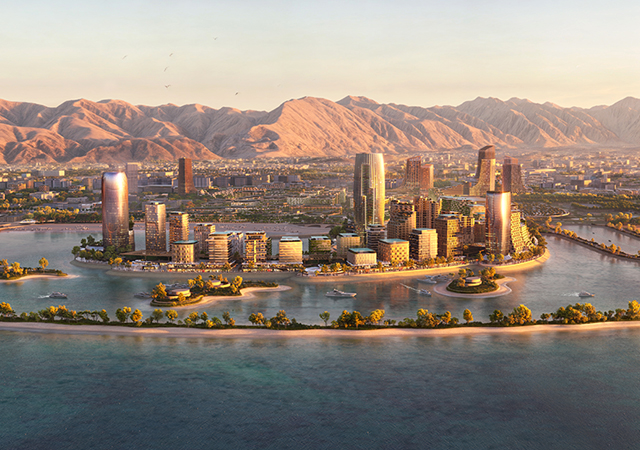

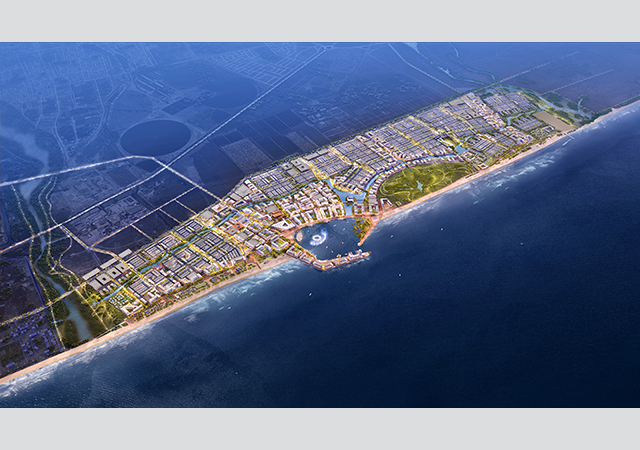
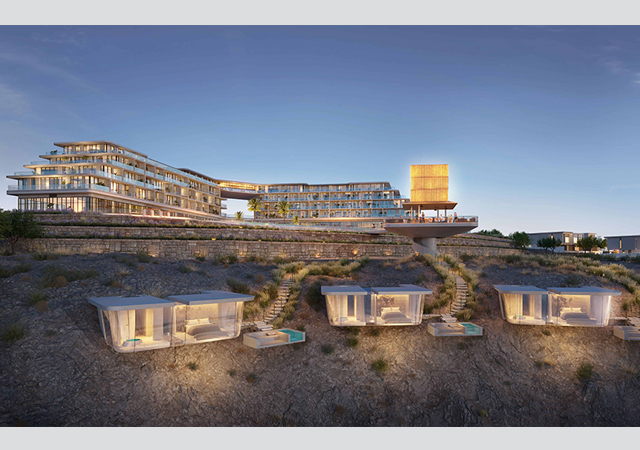
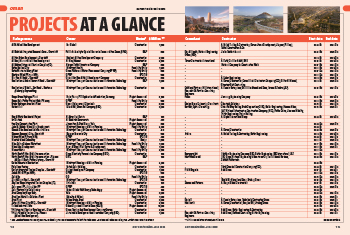
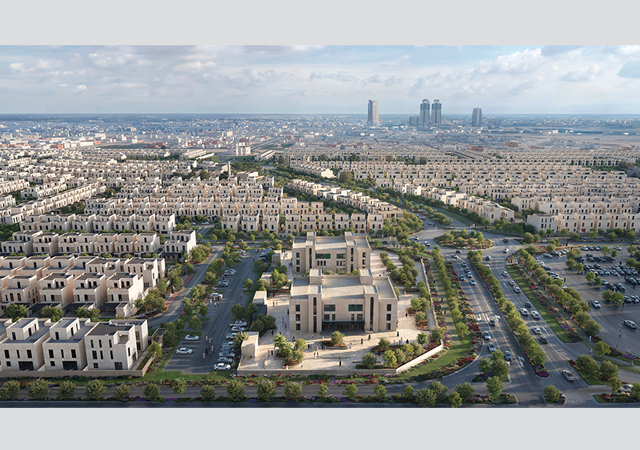
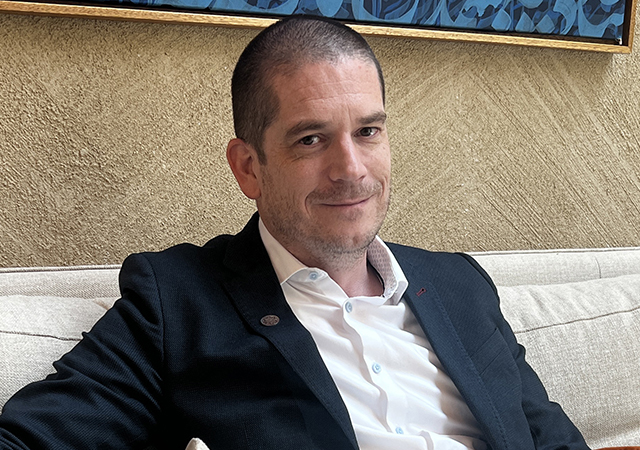

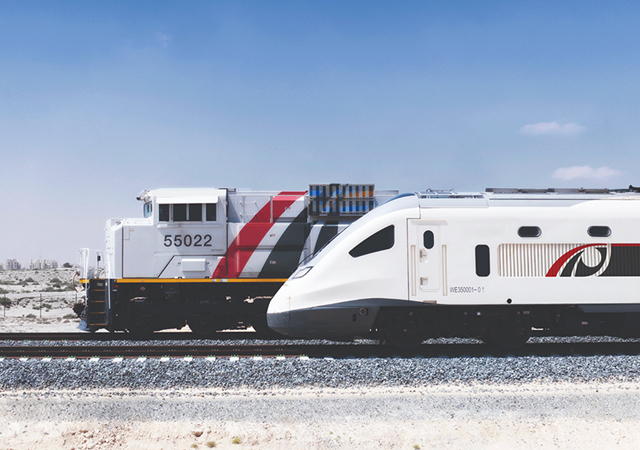
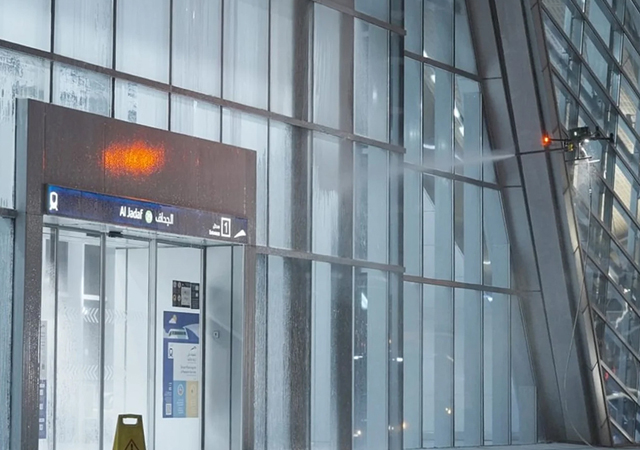
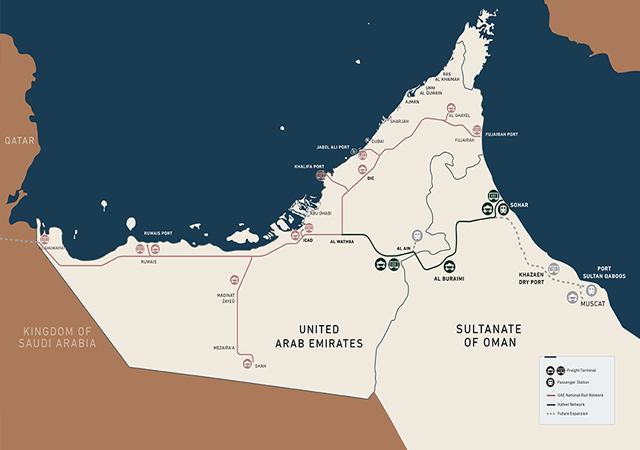
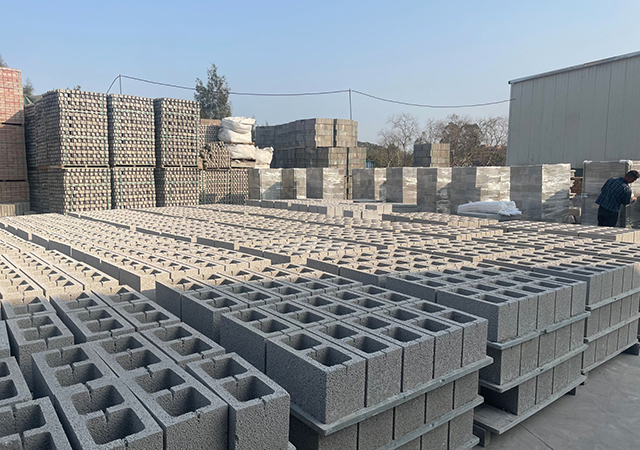
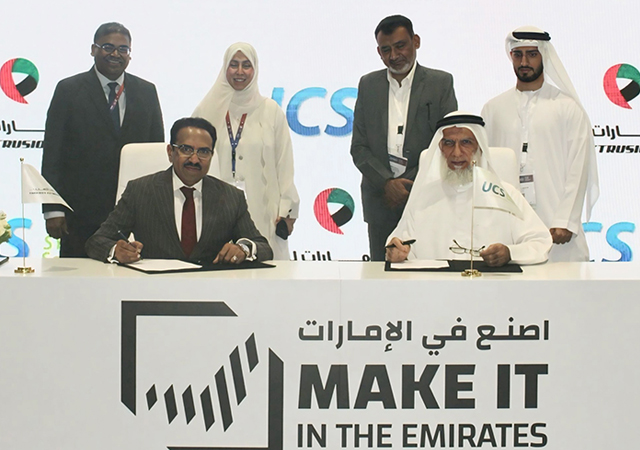
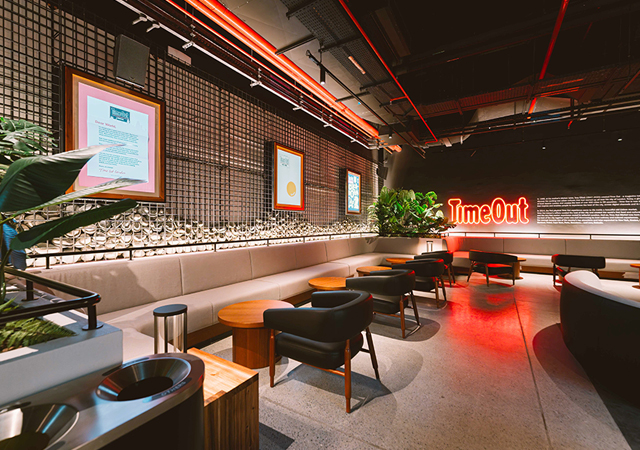
.jpg)
.jpg)
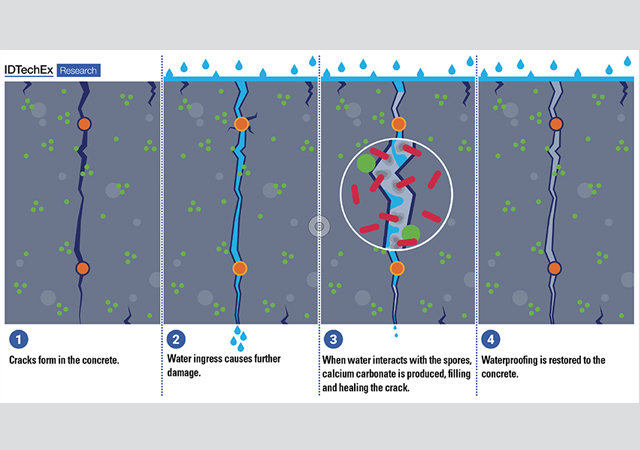
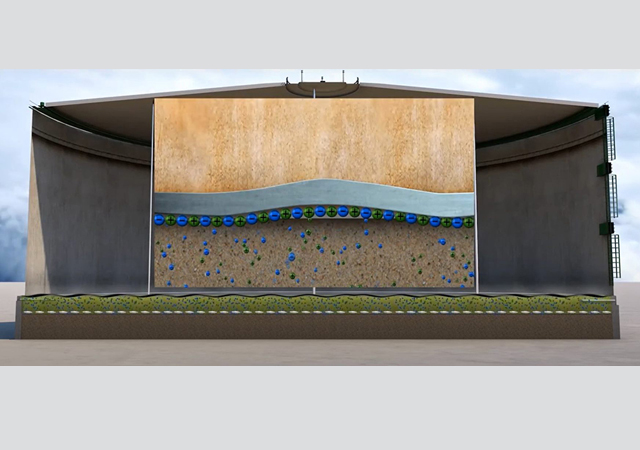
.jpg)
.jpg)
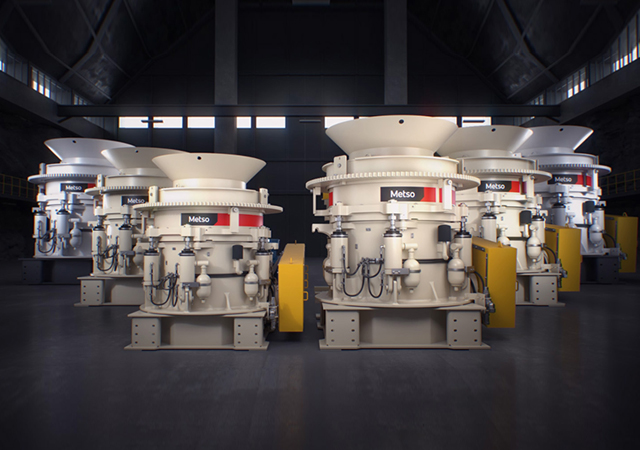
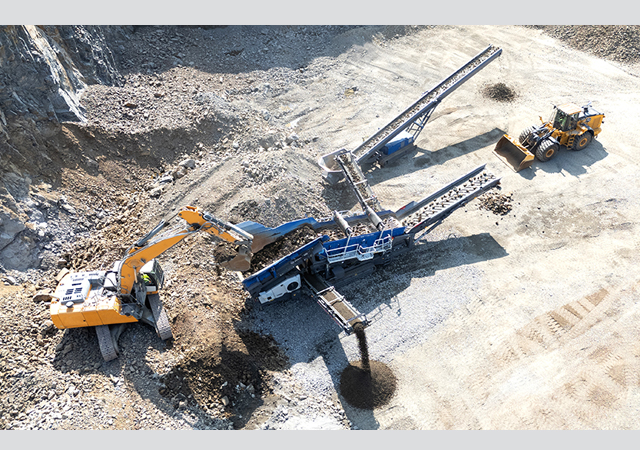
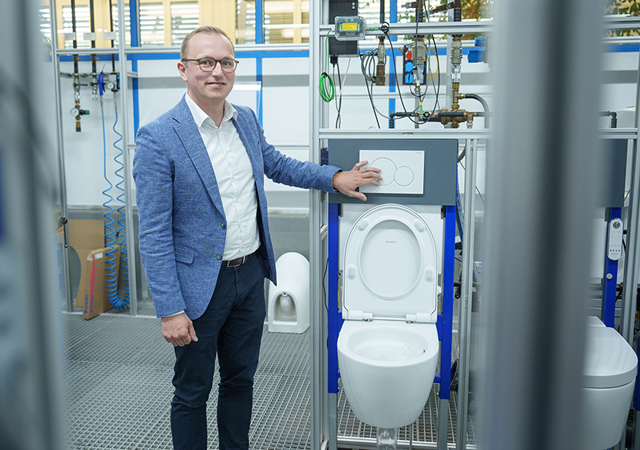
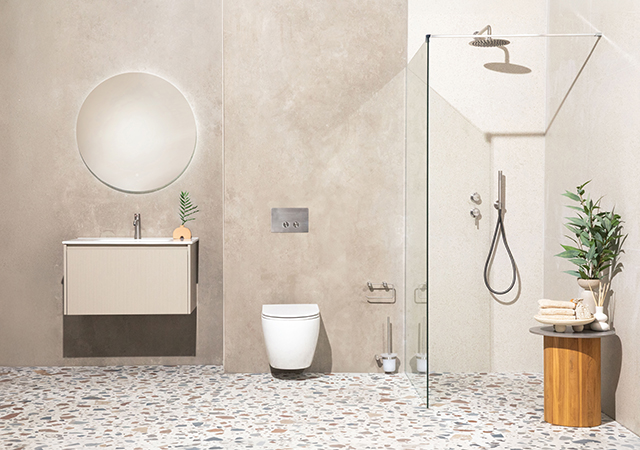
 Doka.jpg)
